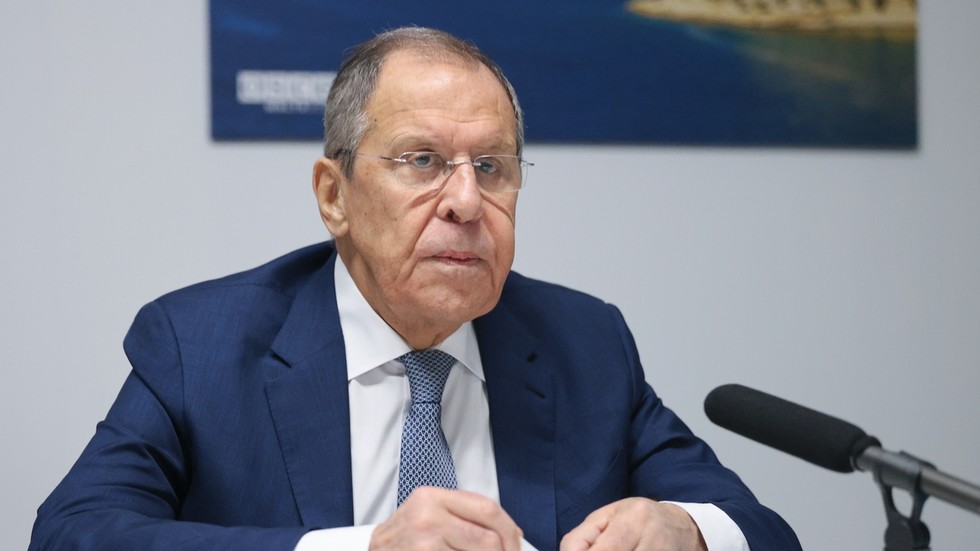
Elon Musk’s decision to unfollow
Tiffany Fong
on X (formerly Twitter) has generated widespread curiosity and debate. The nature of their online interactions had been a topic of interest, with Musk frequently engaging with Fong’s posts, amplifying her reach and influence on the platform. This engagement reportedly contributed to significant financial gains for Fong through the platform’s creator program, highlighting the power of Musk’s social media presence.
Who is Tiffany Fong?
Tiffany Fong, a
crypto influencer
and journalist, rose to prominence by covering major events in the cryptocurrency world, including the collapse of major crypto firms and exclusive interviews with high-profile industry figures. Her content, which combines investigative journalism with sharp commentary, resonated with audiences, garnering her a strong following. On X, her blend of conservative political memes and commentary further expanded her reach, making her a recognizable figure within the crypto and political commentary communities.
Despite the public interactions and apparent mutual recognition, Musk’s decision to unfollow Fong remains unexplained. In the absence of any public statements from either party, the reasons behind this move are left to speculation. Social media dynamics can often be influenced by a variety of factors, including changes in personal interests, strategic decisions to adjust one’s follower list, or even algorithmic shifts that alter user engagement patterns.
Fong’s ability to draw attention through her unique brand of content, combined with Musk’s unpredictable social media behavior, makes this situation particularly intriguing. Musk, known for his dynamic and often unconventional approach to social media, has a history of making abrupt changes to his online presence, from engaging in heated debates to radically changing his follower list. This unpredictability has cemented his status as one of the most followed and scrutinized figures online.
For Fong, the impact of Musk’s attention was evident in the significant boost her content received while he was engaged with her posts. The value of such engagement cannot be overstated, as it helped amplify her voice in a crowded digital space. However, it also highlighted the transient nature of social media relationships, where a single action, such as unfollowing, can shift public perception and influence.
The event also underscores the broader complexities of social media interactions, particularly when influential figures are involved. While some speculate that Musk’s unfollow might stem from a shift in interests or priorities, others suggest it could simply be a personal decision unrelated to Fong’s content. Without confirmation, these theories remain conjecture.
Musk’s decision to unfollow Fong serves as a reminder of the fluid and often unpredictable nature of relationships on platforms like X. While it is tempting to seek a deeper narrative behind such actions, it’s possible that no grand reason exists. Social media is, at its core, a platform for fluid interactions, where connections are made and dissolved with ease.
For Tiffany Fong, the unfollow does not necessarily diminish her influence or success. She continues to be a prominent voice in her niche, with a loyal following that values her insights and commentary. The fleeting nature of Musk’s engagement highlights the importance of building a sustainable online presence independent of high-profile interactions.
In the end, Musk’s decision may never be fully explained, and it may not need to be. The episode serves as a reflection of the transient and sometimes enigmatic world of social media, where even the smallest actions can spark widespread speculation and discussion. Both Musk and Fong remain influential figures in their respective domains, demonstrating the enduring impact of their digital footprints.

 3 weeks ago
8
3 weeks ago
8









